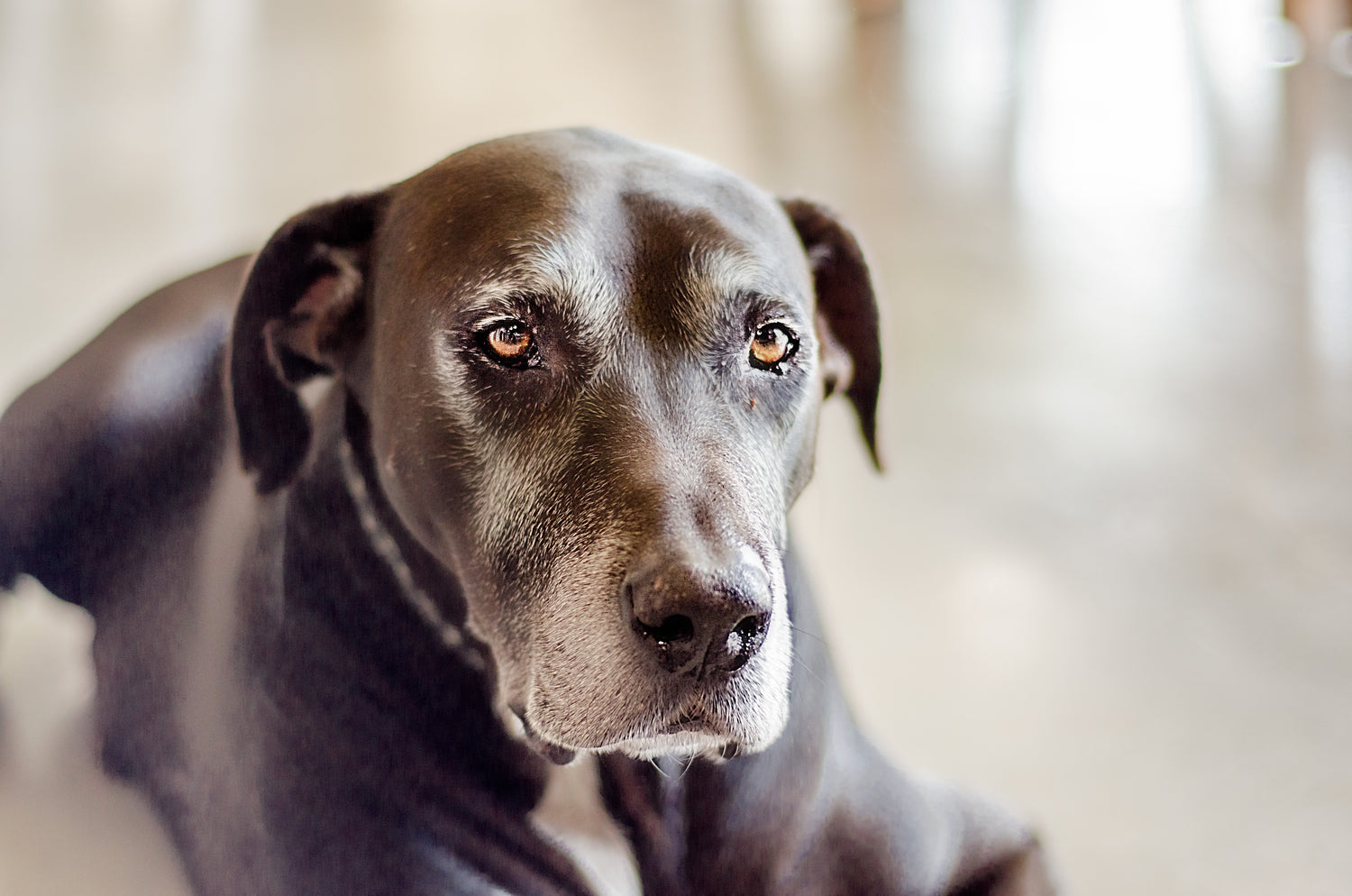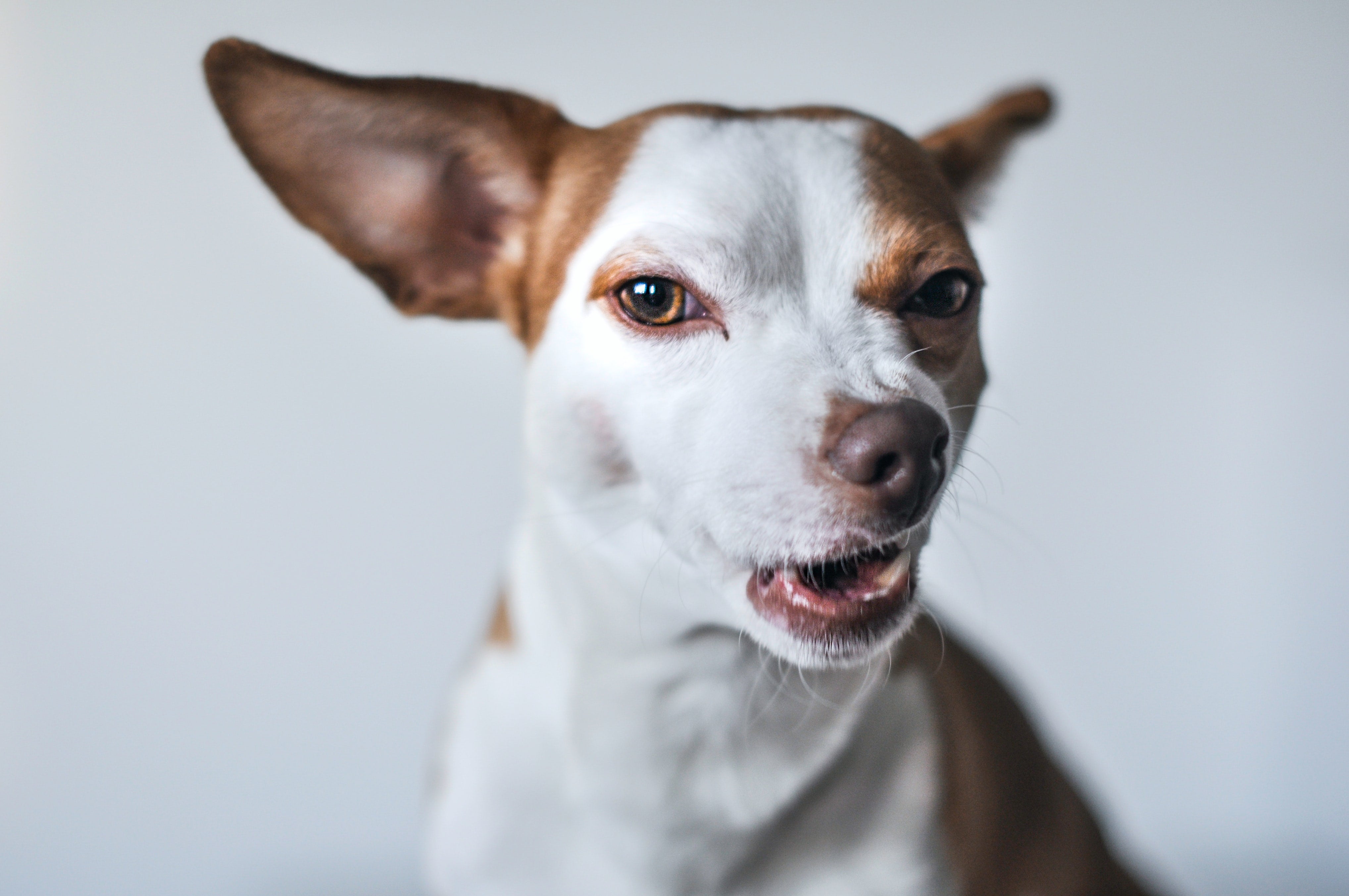Can a dog's eyesight decline? Yes, just like us, they can experience some degree of vision loss.
Luckily, dogs rely more on their nose and ears than their eyes, which means that they can adapt to it. Find out more about how to manage dog's vision loss in this blog post.
What causes vision loss in dogs?
The most common cause is a cataract, which is often associated with diabetes.
If your dog has been diagnosed with hypertension, they are likely to experience ocular issues as they age, for instance retinal detachment.
Other issues such as untreated infections and tumours can lead to blindness.
How to prevent it?
Alongside keeping your dog fit and healthy through exercise and diet, the best way to prevent any vision loss is to get them checked out by the vet every 6 months so that any rising issues can be caught on time.
What are the main symptoms of vision loss?
Your dog will most likely start bumping into furniture or struggle to locate their food. In the beginning, signs might be more subtle, such as not making eye contact with you, no longer jumping or even becoming more aggressive or stressed (due to not seeing their environment as clearly).
How to deal with vision loss in dogs?
Luckily dogs adapt much better than humans, because their sense of smell and hearing are much more developed.
The most important is to keep them in a familiar environment. Ideally, you'll want to avoid rearranging the layout of your home or getting new furniture, as they would become hazards.
Keep the floor clear so that your dog can walk without hurting themselves.
You can help your dog further by having their bowls and bed placed on a large mat that your dog will recognize with their paws. This food and bedding area can become their "camp" to which they return if they get confused and lost.
If anything changes in your home or if you're going on holiday, make sure to walk your dog several times to help them memorise the new layout.
How to avoid scaring your dog?
Even though your dog can adapt to blindness, they can feel more vulnerable and show aggressive behaviour if taken by surprise.
Ask everyone to speak before approaching and petting the dog, so that they are warned. Walking loudly can also help, as they will feel the vibrations of your steps.
Finally, if you leave your dog alone at home for a short time, make sure to leave the TV on so they'll have a sonorous point of reference




Leave a comment
This site is protected by hCaptcha and the hCaptcha Privacy Policy and Terms of Service apply.